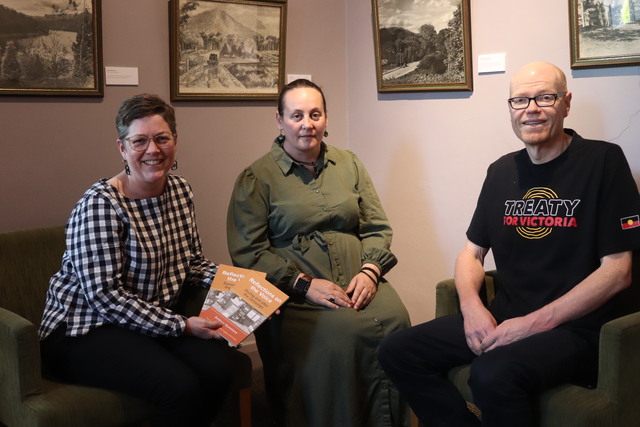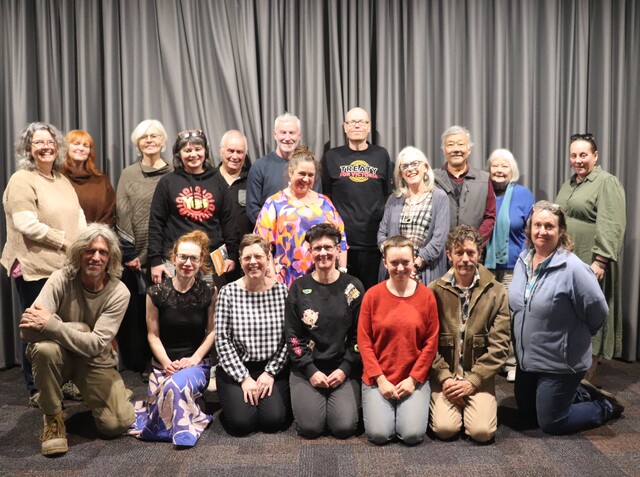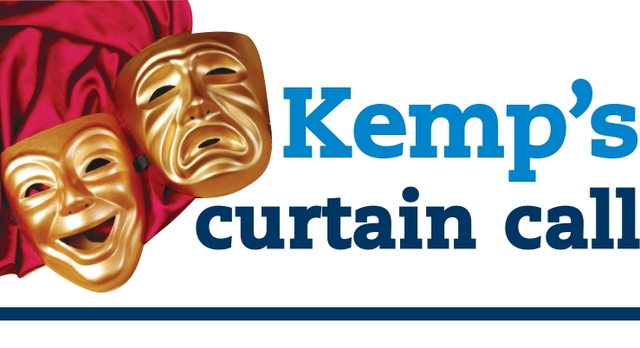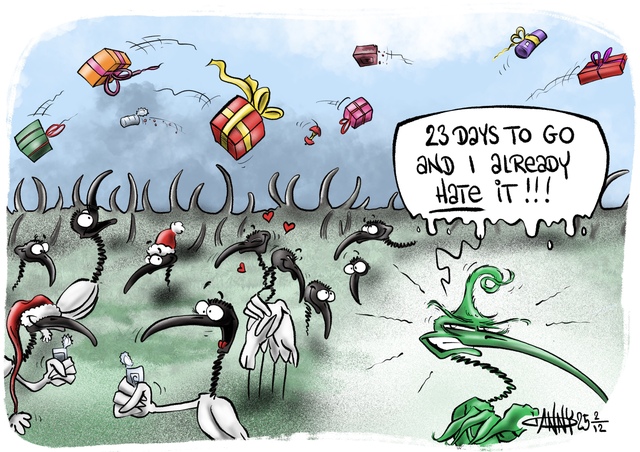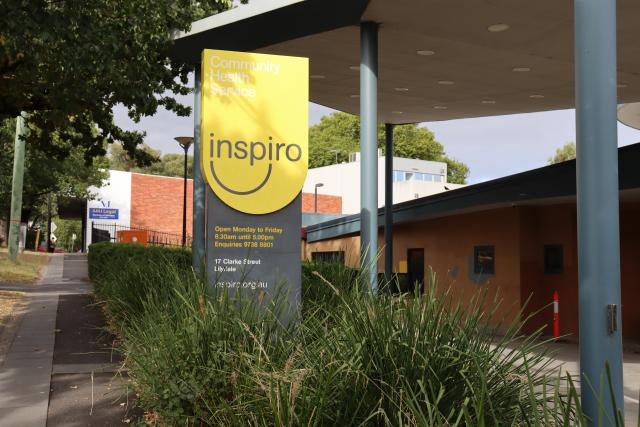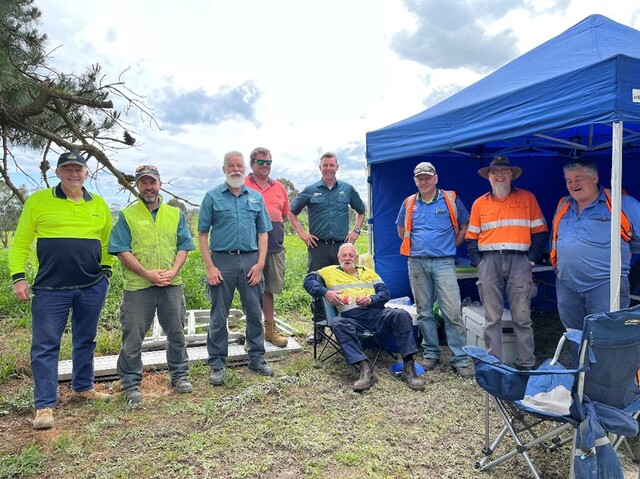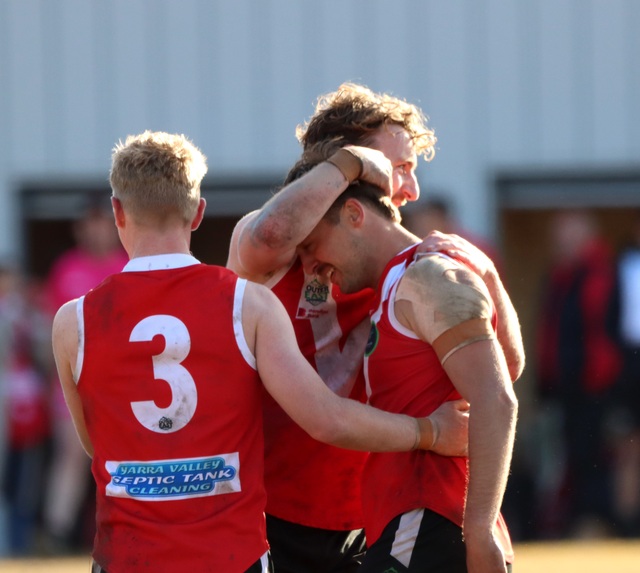Regardless of the result of the 2023 Voice to Parliament Referendum, a group of Healesville residents would like to keep supporting the process of knowing the truth.
Last year, a group of Healesville community members formed a group to support voting yes for the referendum.
After the referendum failed, however, the group decided to remain with the hope of narrowing the gap between Indigenous and non-Indigenous communities by educating themselves with more knowledge about the First Nations.
The group has been reformed with the new name Yarra Valley Reconciliation Group (YVRG).
YVRG chair Heidi Renner said the group aims to learn about First Nations communities within a safe environment.
“One of the things that arose from the referendum is that a lot of us don’t have a deep knowledge about the history of the area and what’s happened. We needed information but it was hard to know what was real and what was not real,” Ms Renner said.
“I’m a non-Indigenous person and I wanted to learn more. I wanted to find a way to educate myself, and as a non-Indigenous person, I feel that I have a responsibility to have those conversations with other non-Indigenous people because it means that we can learn together and we can make mistakes together but we’re seeking to understand.
“From my perspective, I want our group to be a place where people can come to these conversations with their misconceptions and feel comfortable and safe to be able to ask questions.”
YVRG hosted its first event on Thursday 14 November.
Ms Renner said their first event was Conversation for Reconciliation, which the group is planning to have bimonthly next year.
“We decided that we would start a series of conversations for reconciliation that primarily will be delivered next year,” she said.
“We have a group of people who’ve been connected with us for a while, and so we wanted to let them know where we were.
“We had about 20 to 25 people come, and we invited Professor Andrew Gunstone to talk to us. He has 25 years of experience and knowledge and has written a lot of publications about Indigenous rights.”
Professor Andrew Gunstone has taken several roles at the Federation University; associate deputy vice-chancellor reconciliation, executive director of National Centre for Reconciliation, Truth, and Justice and Indigenous Studies professor.
He is also co-chair of Reconciliation Victoria.
In April, Prof Gunstone published a book Reflections on the Voice: During and After the Campaign, writing about the lessons from the referendum for reconciliation movement.
Prof Gunstone said he had a great discussion with the YVRG, talking about widespread topics and issues related to reconciliation, such as the role of allies, key lessons from the referendum, the importance of addressing Indigenous rights and building networks in different communities.
“There was a lot of racism in the campaign last year, which is very distressing. I know a lot of Indigenous people who were racially attacked during the campaign,” he said.
“We looked at the importance of building reconciliation networks in different communities. The reconciliation movement needs to engage more with multicultural communities and regional communities.
“We also talked about the importance of the wider Yarra Valley community understanding the history and impact of the Coranderrk Aboriginal Station.”
During the conversation, Prof Gunstone also advised the group regarding its next steps.
YVRG vice-chair Shona Rimmer said Prof Gunstone confirmed the group was heading in the right direction.
“Our focus has been about sharing learnings about reconciliation, but also about Indigenous issues, Indigenous rights and Indigenous perspectives by providing a platform for other people to have that learning,” she said.
32 local reconciliation groups including YVRG have currently been formed and working for the reconciliation movement across Victoria.
As a co-chair of Reconciliation Victoria, Prof Gunstone had the opportunity to have conversations with about 20 local groups over the last few months.
Prof Gunstone said it is important to have participation in the reconciliation movement from the local level.
“It’s very important for local reconciliation groups to work with organisations like local governments, local schools, and local businesses, to help educate the broader community about the importance of reconciliation,” he said.
“Clearly, the referendum, as well as my longitudinal research conducted over two decades, shows that the country remains quite divided in this space, and many non-Indigenous peoples have very limited understanding of our history.”

